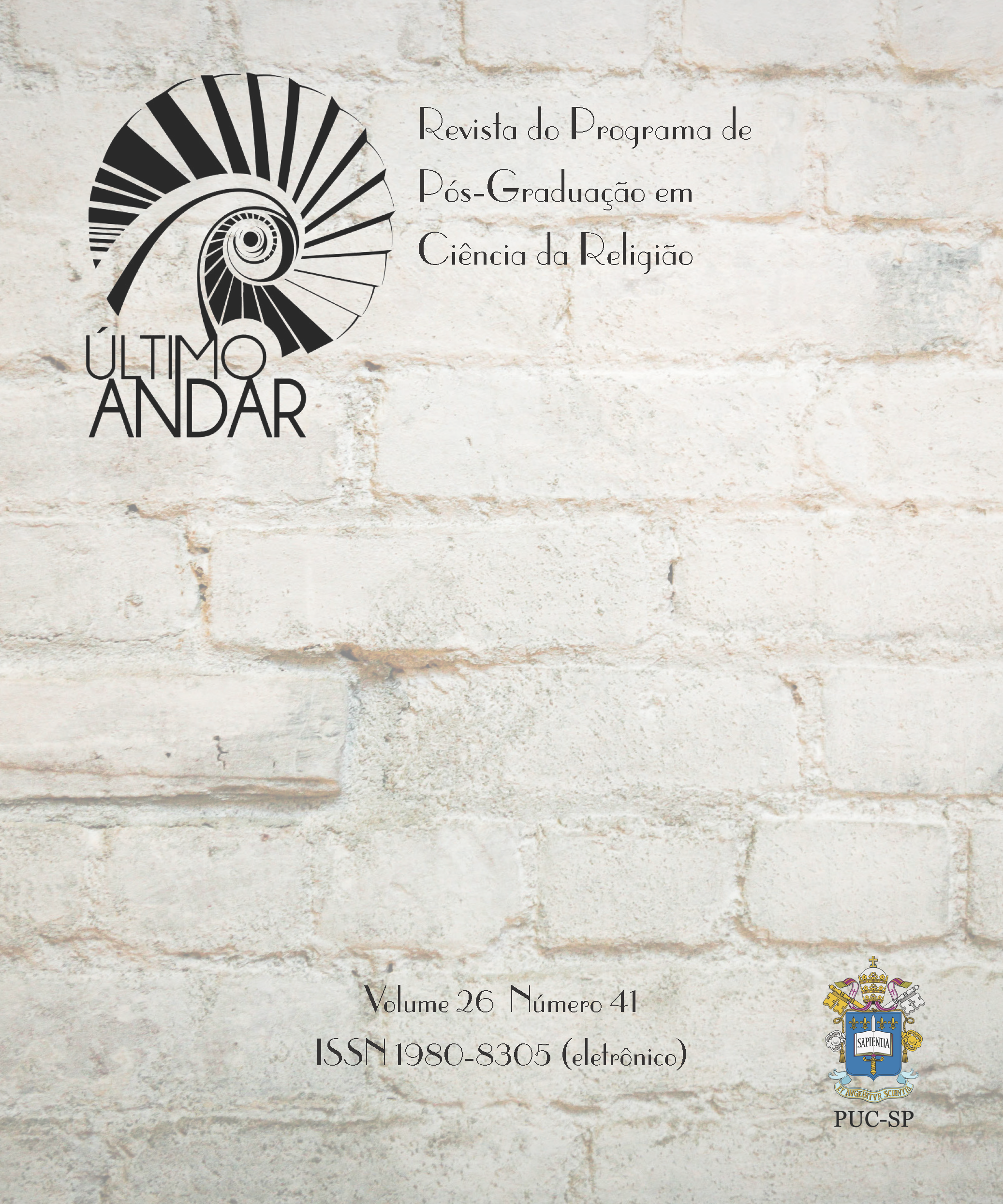The Meaning of the Atonement from Contemporary Epistemologies
DOI:
https://doi.org/10.23925/ua.v26i41.e59833Keywords:
Theology of Atonement, satisfaction, redemption, solidarity, loveAbstract
For Protestant and Roman Catholic Christianity, the theology of the atonement of Christ is a solid doctrine, which finds its foundation in the reading and interpretation of the biblical texts. The church developed its theology, above all, in the Patristic period, but also in St. Anselm, representative of Scholasticism. He propagated the image of a God offended in his honor by human sins that required satisfaction, which could only be achieved by God himself, in his perfection. In his work "Why did God become man?", Anselm substantiated his thesis that would be a source of reflection in the years that followed, including the period of the Protestant Reformation. The different reformers, even though they disagreed on some points, converged with Anselm's thought, by affirming in different ways the necessity of the vicarious death of Jesus for human sins. Generally, the Theology of Atonement, according to the majority thought, despite pointing to the divine love that comes to meet the human being and redeems him, does not fail to highlight a God who does not forgive, without sacrifices. For certain authors, mentioned in the article, this image of God is not in line with the image of the God manifested in Christ Jesus and they dare to rethink and redefine this image, contributing to the epistemological decolonization of Theology, specifically the Theology of the Atonement. For the Science of Religion, the reflection of this theme is pertinent, since it concerns one of the structuring themes in Christian theology.
References
BÍBLIA SAGRADA. Nova Almeida Atualizada. Barueri, SP: Sociedade Bíblica do Brasil, 2018.
BOFF, Leonardo. Jesus Cristo Libertador. Petrópolis: Editora Vozes, 2012.
BOFF, LEONARDO. Paixão de Cristo paixão do mundo. Petrópolis: Editora Vozes, 1977.
DIK, Leanne Van. Rumo a uma nova Tipologia das Doutrinas Reformadas da Expiação. In: WELKER, Michael.; WILLIS, David (org.). Rumo ao futuro da Teologia Reformada: Tarefas, Tópicos, Tradições. São Paulo: Pendão Real, 2021.
COMBLIN, José. Evangelizar. São Paulo: Paulus, 2010.
FRANCO, Clarissa de; PANOTTO, Nicolás. Decolonização do campo epistemológico da(s) Ciência(s) da(s) Religião(ões) e Teologia(s) pela via contra-hegemônica dos direitos humanos. Estudos de Religião, São Bernardo do Campo, v. 35, n. 3 p. 33-54, 2021.
GIRARD, René. Eu via Satanás cair como um relâmpago. São Paulo: Paz e Terra, 2012.
HINKELAMMERT, Franz. Sacrifícios humanos e sociedade ocidental: Lúcifer e a Besta. São Paulo: Paulus, 1991.
LIMBECK, Meinrad. Adeus à morte sacrificial: repensando o cristianismo. Petrópolis: Editora Vozes, 2016.
MCKIM, Donald K. Grandes temas da Tradição Reformada. São Paulo: Pendão Real, 1998.
QUEIRUGA, Andrés T. Recuperar a Salvação: Por uma interpretação libertadora da experiência cristã. São Paulo: Paulus, 1999.
VATICANO. Catecismo da Igreja Católica. Disponível em: https://www.vatican.va/archive/cathechism_po/index_new/p1s2cap2_422-682_po.html. Acesso em: 20 mar. 2022.
WALSH, Catherine. Interculturalidad, Estado, Sociedad: luchas (de)coloniales de nuestra época. Quito: Universidad Andina Simón Bolívar / Abya Yala, 2009.
Downloads
Published
How to Cite
Issue
Section
License
Copyright (c) 2023 Último Andar

This work is licensed under a Creative Commons Attribution-NonCommercial 4.0 International License.
The Authors maintain the copyright and grant the journal the right to first publication, with the work simultaneously licensed under the Creative Commons Attribution License that allows the sharing of the work with acknowledgment of authorship and initial publication in this Journal.
Authors are authorized to assume additional contracts separately, for non-exclusive distribution of the version of the work published in this journal (eg, publishing in institutional repository or as a book chapter), with acknowledgment of authorship and initial publication in this journal.
Authors are allowed and encouraged to publish and distribute their work online (eg in institutional repositories or on their personal page) at any point before or during the editorial process, as this can generate productive changes, as well as increase impact and citation of the published work.


